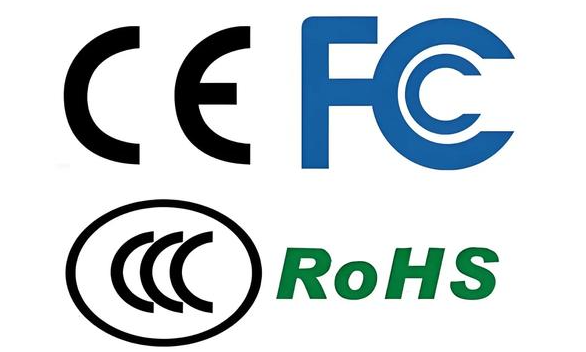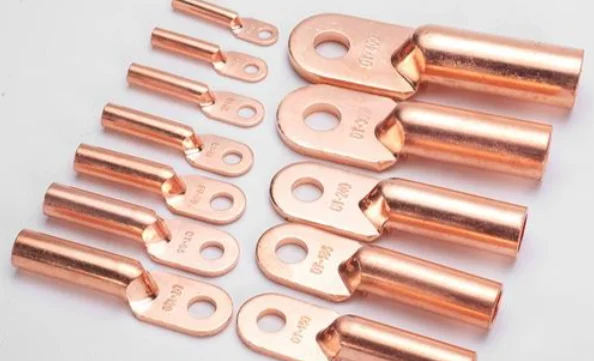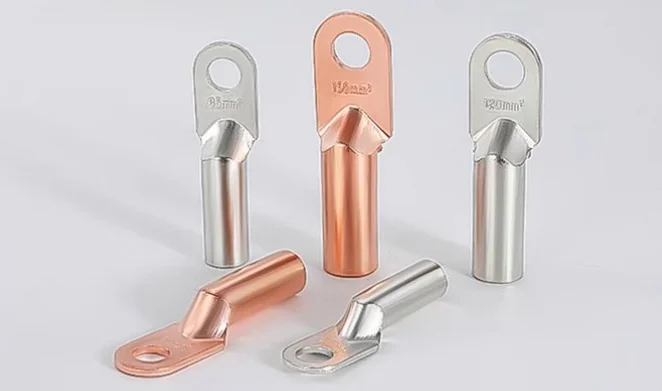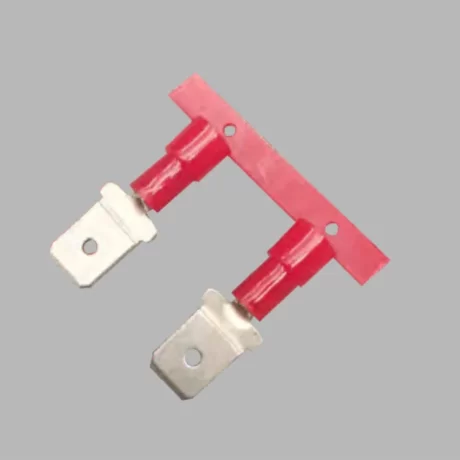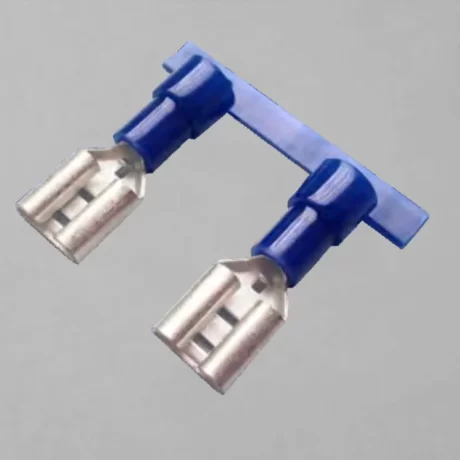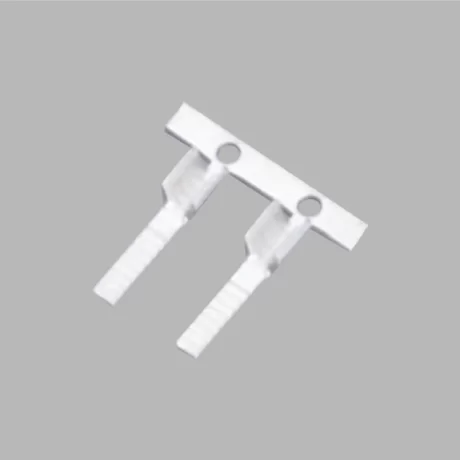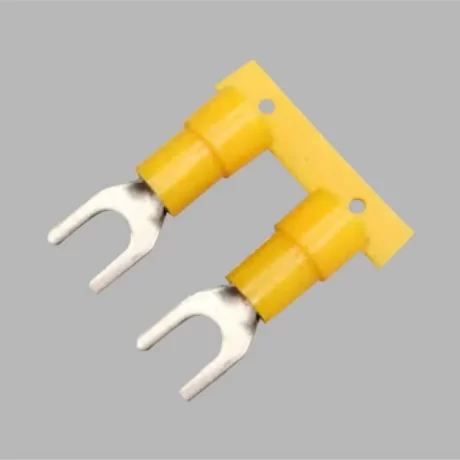CE Certification for Electrical terminals and connectors
CE certification refers to the certification required for products that comply with EU CE directives (i.e., EC directives). Currently as a basic entry requirement for the European market, CE certification enhances export opportunities and the competitiveness of terminal and connector products in the EU market. It ensures their compliance, reliability, safety with relevant EU market requirements, which is why terminal blocks, as electronic components, must obtain this certification.
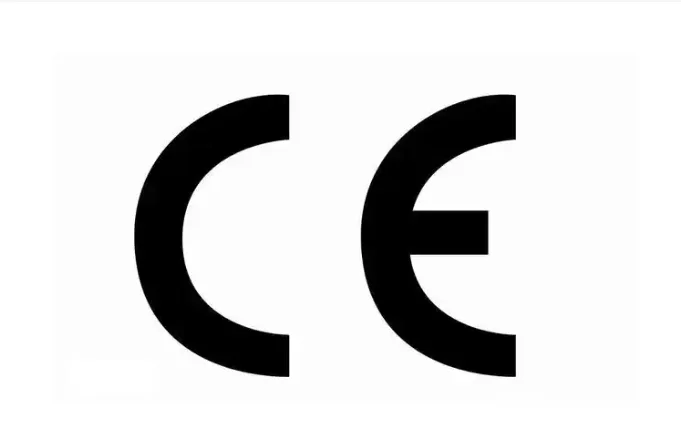
UL Certification for Electrical Terminals
UL certification is issued by Underwriters Laboratories Inc. and serves as a basic entry requirement for the North American market. Terminal and connectors need to obtain UL certification to demonstrate compliance with relevant safety standards and ensure their operational safety. Once certified, terminal can pass the reviews and tests of certification and regulatory agencies in the United States and Canada, allowing them to be sold in the North American market.
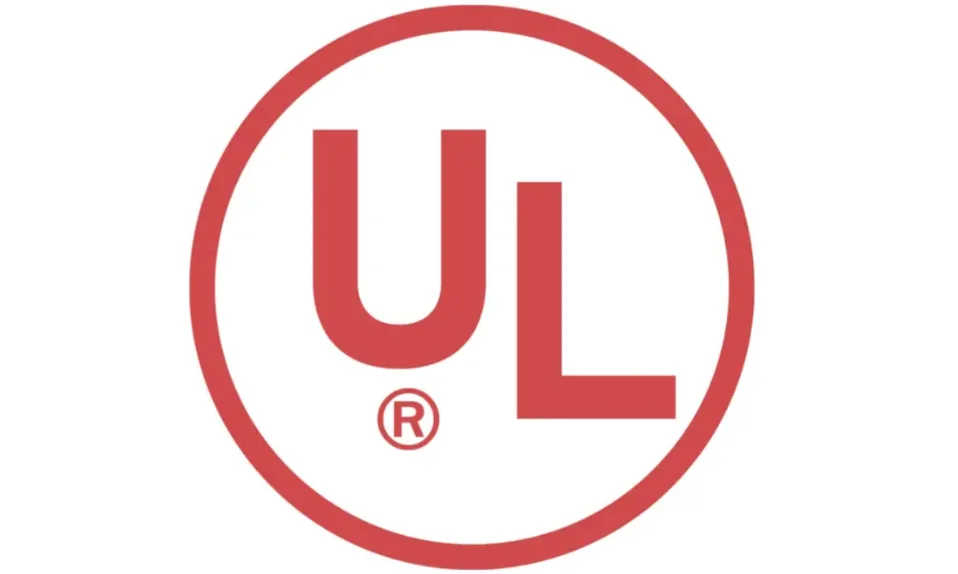
RoHS Certification for Electrical Connectors
As a mandatory environmental protection directive for electronic and electrical products in the EU, RoHS certification is a certification for the Restriction of Hazardous Substances directive. To avoid pollution and harm to the environment and humans, terminals must ensure compliance with relevant environmental requirements and the absence of hazardous substances like lead, mercury, cadmium, and hexavalent chromium. This is why terminals must obtain RoHS certification, a mandatory environmental protection directive for electronic and electrical products in the EU.
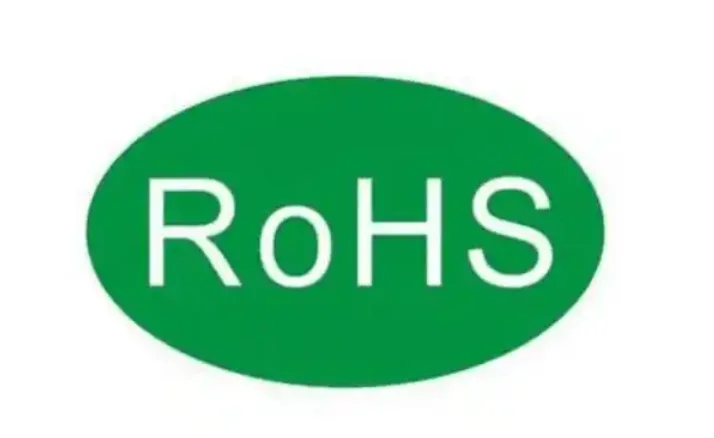
VDE Certification for terminals and connectors
VDE certification is a safety certification for products conducted by the Verband Deutscher Elektrotechniker (VDE, German Association of Electrical Engineers). Electrical terminal must meet a series of strict safety and performance requirements to pass VDE certification, which holds high recognition in the German and European markets.
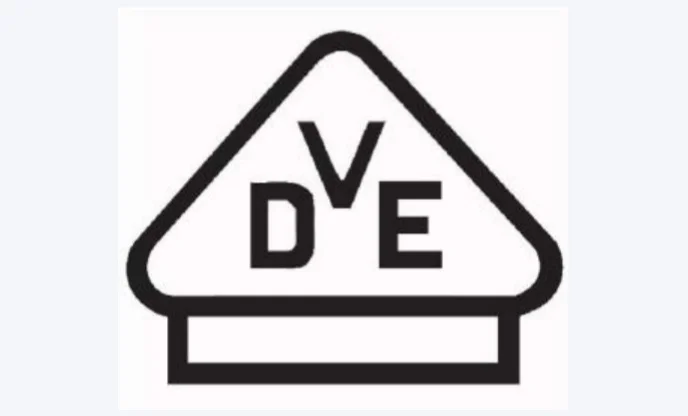
ISO 9001 Certification
ISO 9001 certification is designed to demonstrate an enterprise’s quality management level and capabilities. It is an international quality management system certification. Purchasing terminals manufactured by ISO 9001-certified manufacturers is generally considered to provide higher quality assurance. This is because, although ISO 9001 certification is not directly product-specific, enterprises with this certification typically have high standards in production and quality control.
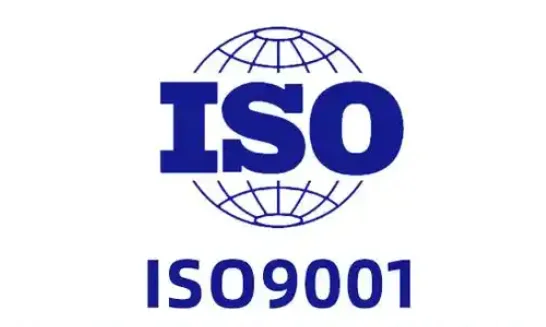
Other Terminal Certifications
Besides the above certifications we have mentioned, terminals may also require other certifications such as TUV certification and CCC certification. These certifications grant them more competitive advantages in the market and help improve the quality and safety of terminal products.
To ensure product safety, reliability, and compliance with relevant standards, quality certification of terminal is a critical link. Because quality certification of terminal blocks is directly related to the safety and stability of circuits, so it is particularly important in the field of electrical connections.
It is important to comply with relevant market requirements and standards in various countries when manufacturing terminals. It is also necessary to obtain multiple certifications to ensure their quality and safety. These efforts will ensure application and smooth sales in domestic and international markets.
Continue Reading
How to Analysis Terminal Material and Welding Process?
How Many Types of Electrical Terminals and Connector?(Guide for 14 Types)
Connection Methods and Analysis of Terminals and Connectors(5 Necessary Steps)
Electrical Terminal Materials: 4 Key Points (+How to Select?)
How many types of connector and terminal insulation materials(3 major categories)?
What factors determine the cost of electrical terminals and connectors? (10 Key Factors)

